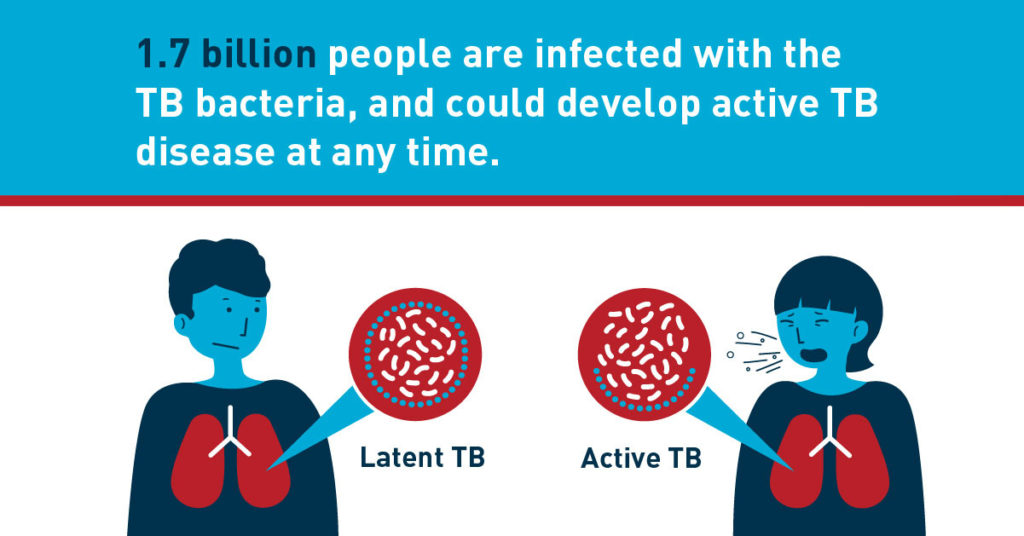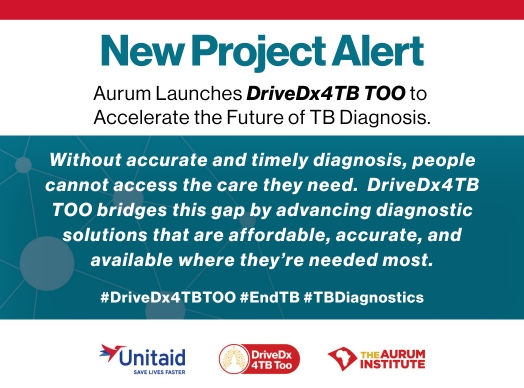Dolutegravir-based regimens are now recommended by the World Health Organization as alternative first-line antiretroviral regimens (ARVs) for people living with HIV, and several countries with high HIV prevalence have adopted the new regimens.
Findings: Short Regimen for Preventing TB Found Safe When Co-administered with New First-line HIV Drug
IMPAACT4TB’s new study paves the way for scale-up of TB prevention among people living with HIV, who are dying from TB in large numbers. This is an important moment for tuberculosis (TB) control, a new study finds that a shorter regimen to prevent TB can be safely co-administered with dolutegravir (DTG)—the first-line drug to treat HIV in many high-burden TB countries. Presented in March at the Conference on Retroviruses and Opportunistic Infections (CROI), the study found that weekly administration of rifapentine and isoniazid (3HP) for three months in adults with HIV taking DTG was well-tolerated, with no need for dose adjustment. The findings put to rest fears of potential drug interactions with DTG and pave the way for scale-up of the 3HP regimen in 12 high-burden TB countries across three continents. Overall, the co-administration of DTG and 3HP was well-tolerated.
Presentation: SAFETY & PK OF WEEKLY RIFAPENTINE/ISONIAZID (3HP) IN ADULTS WITH HIV ON DOLUTEGRAVIR by Kelly E Dooley, Johns Hopkins University, Baltimore, MD, USA
Next Steps: Based on results, the IMPAACT4TB project is moving ahead with the introduction of 3HP in 12 high-burden countries: Brazil, Ghana, Ethiopia, Kenya, Tanzania, Malawi, Zimbabwe, Mozambique, South Africa, India, Cambodia and Indonesia. Together, these countries represent 50 percent of the global TB burden. The project will prioritize 3HP for people living with HIV and children under five, and subsequently all those in close contact with TB patients.














